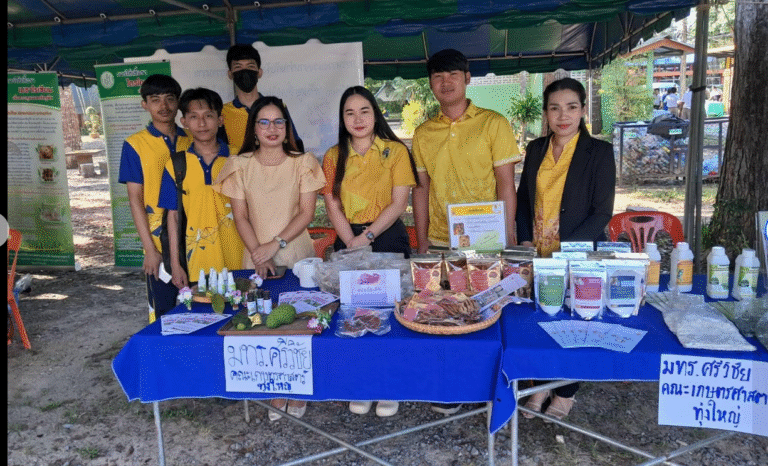Reporters: Asst.Prof.Chaiya Tanaphatsiri ,Asst.Prof.Kloyjai Krutjon ,
MissNamfon Channual, Asst.Prof.Nasaporn Thammachot.
Evidence Date: 28 August, 2024
Related SDGs: SDGs 4 Quality Education
Related Indicators: 4.3.2 Public events (lifelong learning)
Details:
The Faculty of Science and Technology, Rajamangala University of Technology Srivijaya, Nakhon Si Thammarat Campus (Saiyai), organized the Regional National Science Week 2024 from 18 to 20 August 2024. The event was officially opened by Dr. Khwanhathai Jaipiam, Vice President of the Nakhon Si Thammarat Campus. This annual celebration marked its 17th consecutive year, operating under the theme “Science for Life, Environment, and Society in the BCG Model.” This initiative was designed as a public educational activity, opening the university’s scientific resources and learning spaces to students, teachers, and the general public. It aimed to foster scientific awareness while strengthening the role of the university as a hub for lifelong learning and community engagement. Purpose of the Event The primary objectives of the event were to: Encourage interest in science, technology, and innovation among youth and members of the community. Provide a platform for university students and academics to showcase scientific research, inventive projects, and technological innovations. Enable schools and educational institutions to participate in scientific learning activities in celebration of National Science Day. Inspire creativity, critical thinking, and research skills through project competitions and academic activities. Promote cooperation between the university, local schools, government bodies, and community sectors in advancing scientific education. Activities and Highlights , Throughout the three-day event, a variety of educational and cultural activities were provided for public participation, including: Royal tribute exhibitions honoring King Rama IV, recognized as the “Father of Thai Science,” and King Rama IX, the “Father of Thai Technology and Innovation.” A special academic lecture titled “Astronomy and the Transformation of All Things,” delivered by distinguished guest speakers. Science project competitions in experimental research for students from various educational institutions. A scientific imagination drawing contest to encourage creativity among younger learners. STEM learning stations, coding workshops, astronomy demonstrations, and exhibitions of scientific inventions and innovations by university students and faculty. These activities were accessible to all visitors, creating a welcoming environment for people of different ages and educational backgrounds to explore and engage with science. Impact and Contributions to Lifelong Learning, The event generated significant educational and social impact in several areas: Advancement of Lifelong Learning: The program provided informal learning opportunities beyond the classroom, enabling community members to gain new knowledge and experiences in science and technology. Youth Empowerment: Students developed scientific reasoning, creativity, and innovation skills, motivating them to pursue careers or further education in scientific fields. Knowledge Transfer to Society: University scholars and students successfully transferred scientific knowledge and innovations to the public, reinforcing the mission of the university as a provider of academic services to society. Strengthened Partnerships: The event enhanced cooperation among educational institutions, governmental agencies, and local communities, creating a sustainable network for scientific development. Positive Institutional Image: The university strengthened its reputation as a regional leader in science education, innovation, and public engagement.
The Regional National Science Week 2024 exemplifies a meaningful public academic initiative that promotes scientific literacy, community participation, and lifelong learning. By opening its doors to the public and encouraging collaborative engagement, the university continues to support the development of future innovators and contributes to a society that values knowledge, sustainability, and scientific advancement.
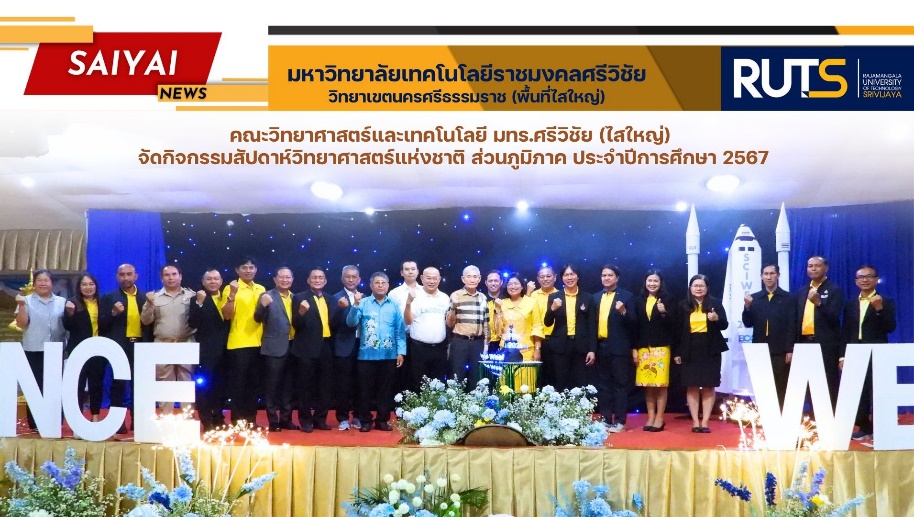
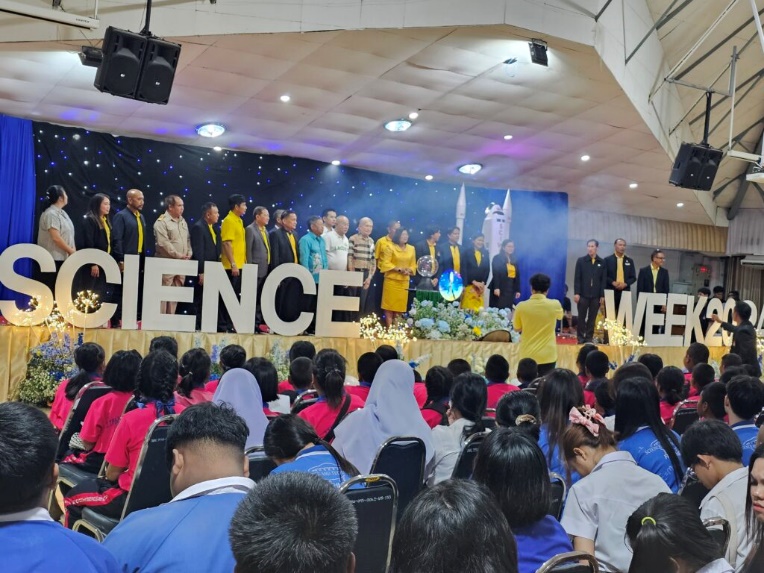
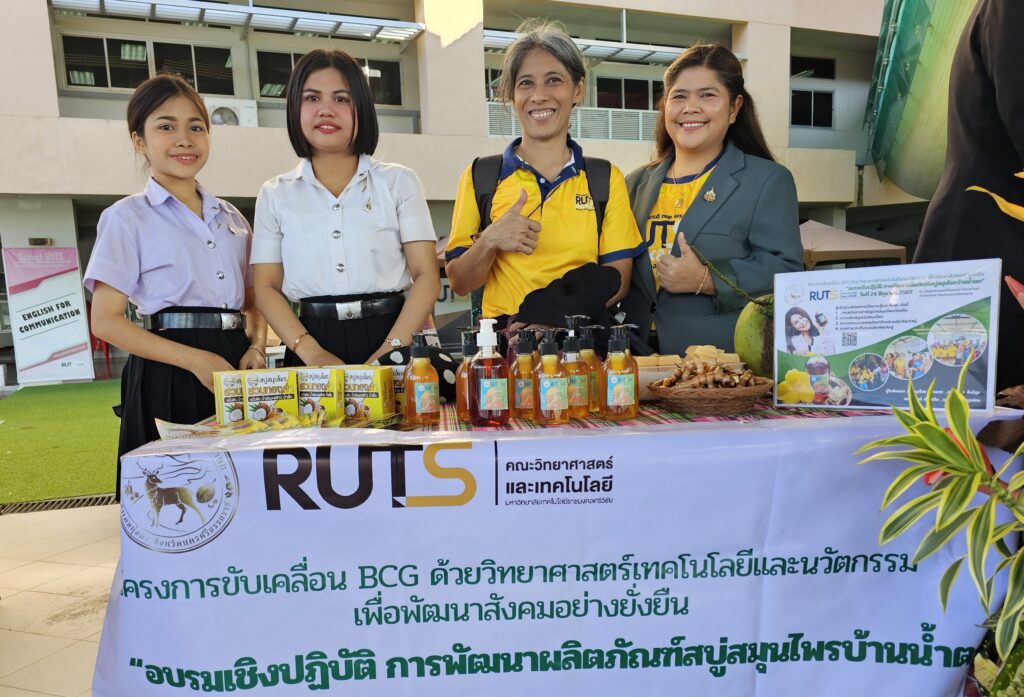
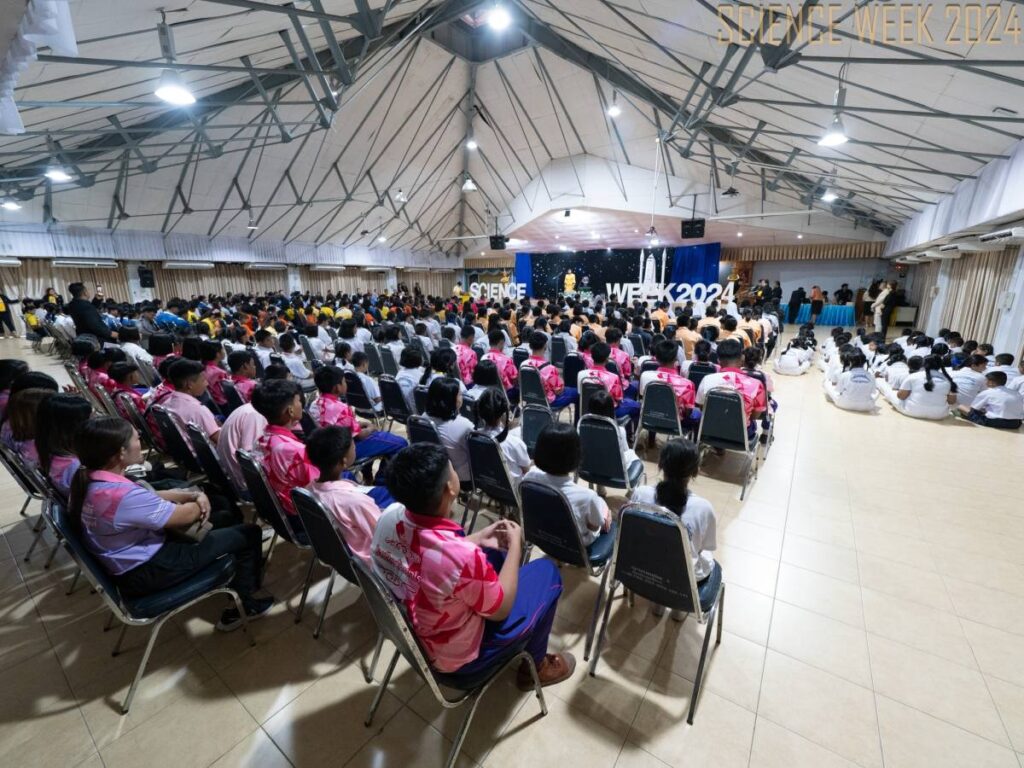
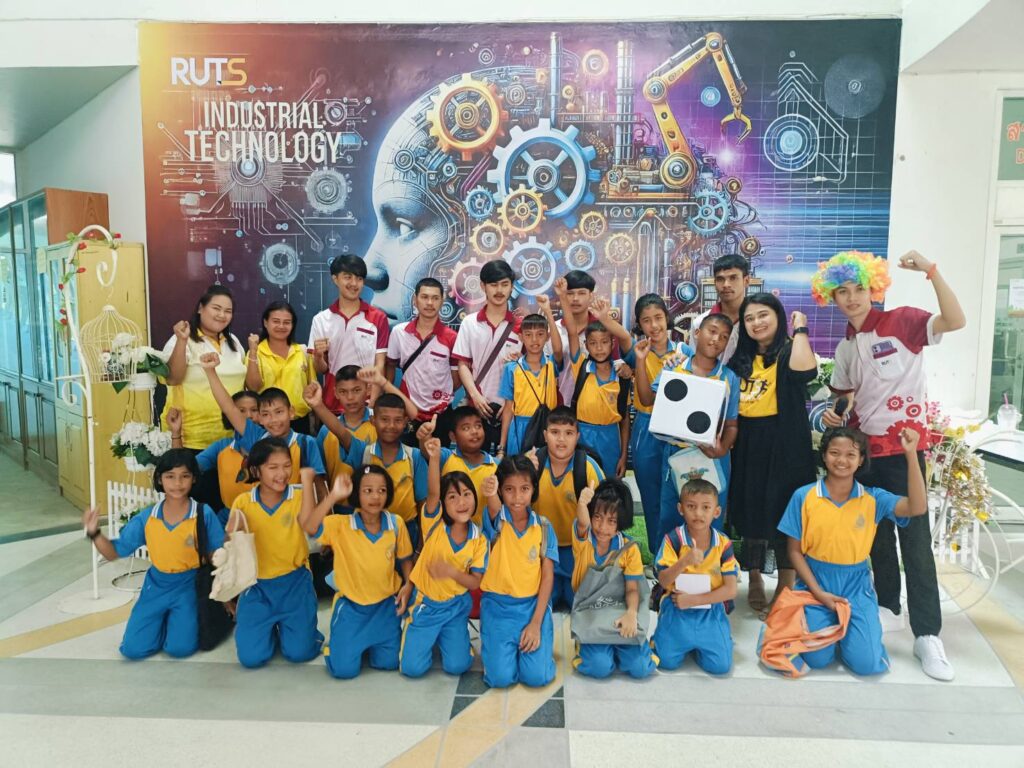
Related Links:



